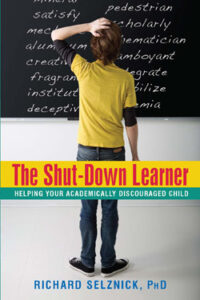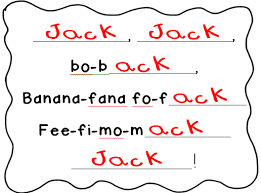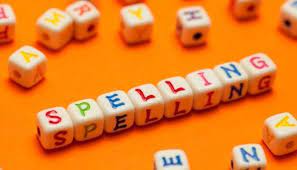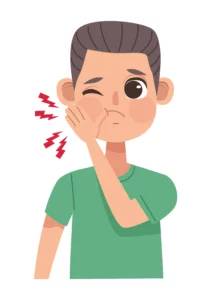“Relational Component of Tutoring – the ‘Secret Sauce’ of Success”
 One of the “go to“ recommendations I often make following an assessment is for the child to see a tutor if it is at all possible.
One of the “go to“ recommendations I often make following an assessment is for the child to see a tutor if it is at all possible.
When done well, tutoring provides many benefits. One often overlooked is the intangible – that is, the relational benefit.
Working on skills with instructional methods that are sensible and supported by research is certainly essential, but so is the relationship established between the tutor and the student.
When it is formed well, this relationship provides a type of energy, a motivation to overcome ever-present hurdles, such as feelings of discouragement, low-motivation and insecurity, among other emotions.
How do we define or explain this “energy?” I don’t think we can, but I can see it when I observe kids of all ages who have formed a bond with their tutor.
That’s why it’s not simply a matter of whether the tutor is Wilson or Orton-Gillingham certified, but is someone the child admires and looks forward to seeing.
As an analogy, if you’ve ever played on any kind of a team, you know how important the “energy” is between you and the coach or trainer.
It’s the “secret sauce” of success.
 Copyright, Richard Selznick, Ph.D. 2022, www.shutdownlearner.com.
Copyright, Richard Selznick, Ph.D. 2022, www.shutdownlearner.com.
To Contact Dr. Richard Selznick for advice, consultation or other information, email rselznick615@gmail.com.
To receive future blog posts, register your email: https://shutdownlearner.com.

 Leora a 10-year-old fourth grader has been struggling since kindergarten.
Leora a 10-year-old fourth grader has been struggling since kindergarten. Anxiety over a child’s development starts early.
Anxiety over a child’s development starts early. Let’s say your 12-year-old sixth grader spells the following words:
Let’s say your 12-year-old sixth grader spells the following words:

